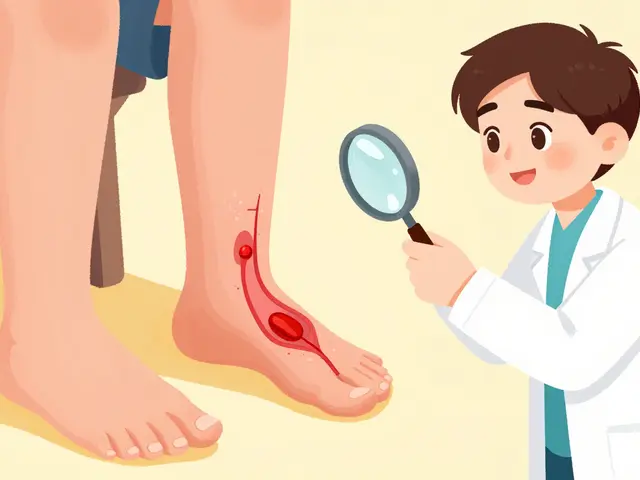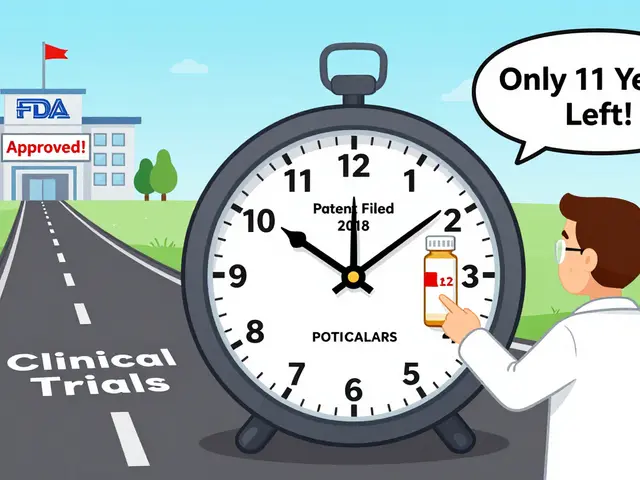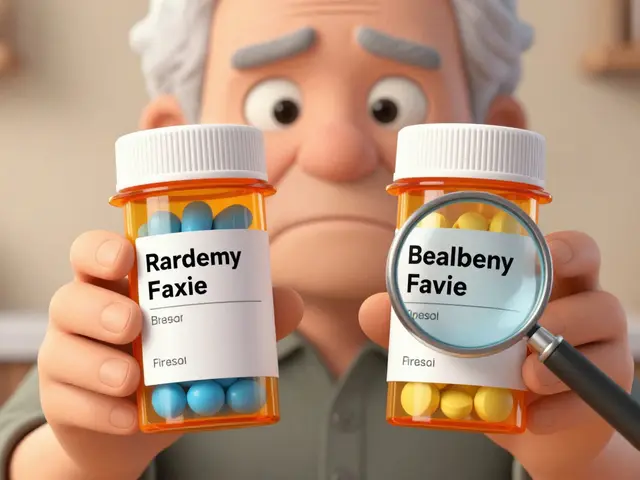Boswellia (Frankincense): What It Helps With and How to Use It
Boswellia, often sold as frankincense or Boswellia serrata extract, is an herbal supplement people use for joint pain, inflammation, and some gut issues. You’ve probably seen it in stores or online labeled as "boswellic acids" or a standardized extract. It’s not a miracle cure, but for certain problems it can help reduce inflammation and ease pain for some users.
Why try boswellia? It targets inflammatory pathways different from NSAIDs. Small clinical trials show benefit for knee osteoarthritis, with people reporting less pain and better function after 4–8 weeks. Other trials suggest it can reduce symptoms of ulcerative colitis and mild asthma, but results vary and larger studies are needed. Think of boswellia as a gentle anti-inflammatory option you can try alongside doctor-approved treatments.
How to pick a product
Look for standardized extracts that list a boswellic acid percentage (often 30–65%). That tells you the product is concentrated. Choose brands with third-party testing (USP, NSF, or independent lab reports) to avoid fillers or heavy metals. Capsules with 300–500 mg of standardized extract are common. Avoid raw resin sold without a clear extract percentage — effects are less predictable.
Dosage, safety, and interactions
Typical dosing ranges from about 600 mg to 1,500 mg per day, split into 2–3 doses, depending on the extract strength. Many studies used 300–400 mg taken twice or three times daily of a standardized extract. Start low for a week to check tolerance.
Side effects are usually mild: stomach upset, nausea, or occasional skin rash. If you notice persistent GI issues or allergic reactions, stop and talk to your doctor. Pregnant or breastfeeding people should avoid boswellia because safety data is limited. Also check with a clinician if you take blood thinners, diabetes meds, or immunosuppressants — interactions are possible, though not common.
Combine boswellia sensibly: it can be used with physical therapy, weight loss, or conventional meds for arthritis, but don’t ditch prescribed treatments without medical advice. If you want to test it, try a 6–8 week trial period to see if symptoms improve. Track pain scores and mobility so you can judge whether it’s helping.
Where to buy: reputable pharmacies, health stores, or verified online retailers. Avoid bargain sellers with vague labels. Check for batch tests and clear ingredient lists. If cost matters, compare the milligram-per-dollar and boswellic acid percentage — higher concentration can mean fewer pills.
If you’re curious about boswellia for a specific condition, mention it to your healthcare provider. It’s a useful tool for some people, but like any supplement, it works best when used carefully and with clear goals in mind.
Natural Bronchodilators for Asthma Relief: Best Caffeine, Boswellia, and Breathing Methods Instead of Albuterol
If you want to breathe easier without always reaching for your inhaler, certain natural bronchodilators can help. This article covers how caffeine, boswellia, and proven breathing techniques can give you fast relief when you feel tight-chested, and it breaks down how these methods compare with popular asthma meds like albuterol. You'll see hard facts, research findings, user tips, and where to find safe, modern options for asthma care.
Read More





